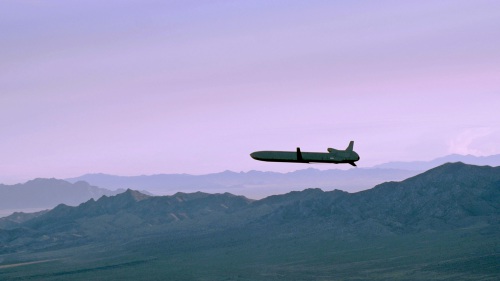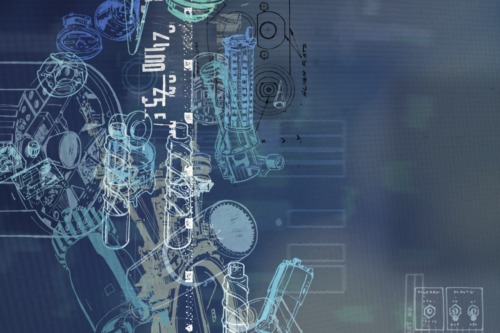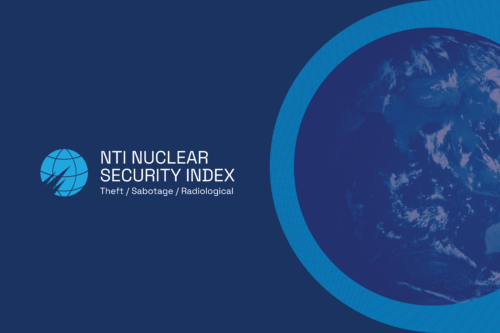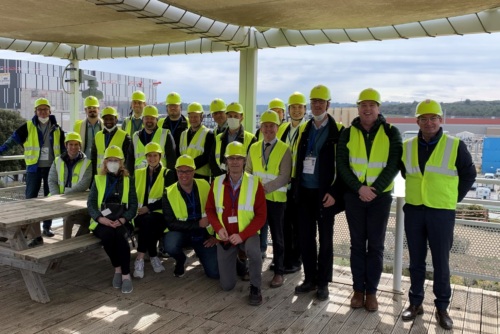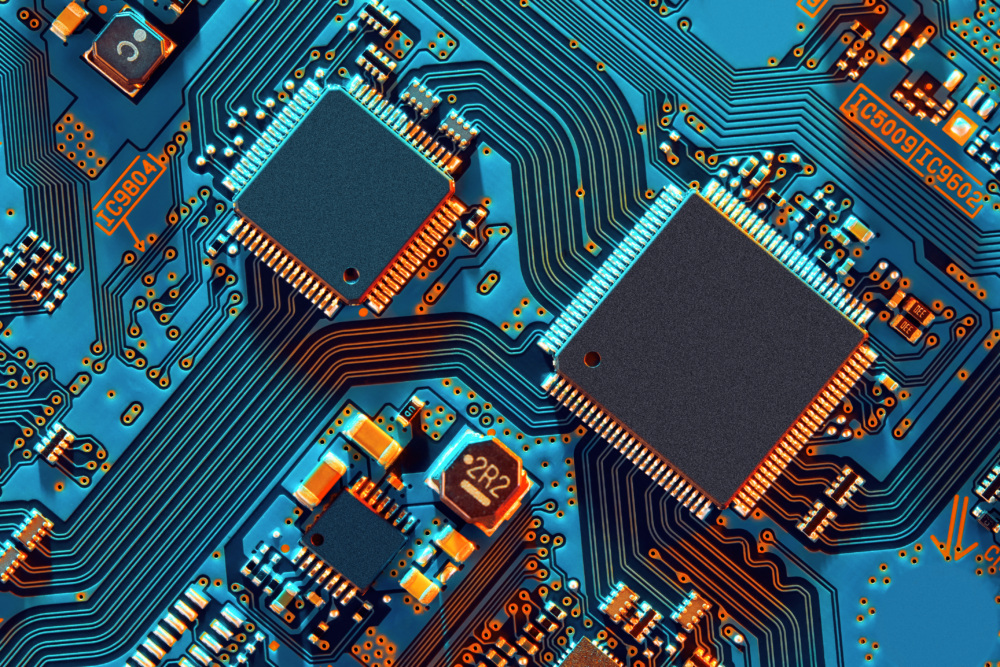
The Cyber-Nuclear Threat
Nuclear and tech experts know that all digital systems are at risk for cyberattacks—including nuclear weapons systems.
The cyber threat has expanded dramatically in recent years, with a series of damaging, high-profile attacks that have made headlines around the world. Nuclear facilities and critical command and control systems are not immune to cyber attacks—such an attack could facilitate the theft of weapons-usable nuclear materials or a catastrophic act of sabotage. In addition, there is even the possibility that nuclear weapons command and control could be compromised.
Nuclear and tech experts know that all digital systems are at risk for cyberattacks—including nuclear weapons systems.
Building Global Cybersecurity Capacity at Nuclear Facilities
Developing Options to Address Cyber Threats to Nuclear Weapons
As cyber capabilities evolve and nuclear weapons systems become increasingly vulnerable to cyberattacks, the risk increases that nuclear weapons will be used by accident or miscalculation.
Nearly 40 cybersecurity experts from nuclear facilities in more than 14 countries discussed practical steps for strengthening cybersecurity at nuclear facilities during the eighth meeting of NTI’s Cyber-Nuclear Forum.
There is a critical need for a global diplomatic approach to address growing cyber risks, including, where possible, through cooperation between the United States and Russia.
A new report from NTI highlights the critical need for a global diplomatic approach to address growing cyber risks, including, where possible, through cooperation between the United States and Russia.
The NTI Index is recognized as the premier resource and tool for evaluating global nuclear and radiological security.
“The bottom line is that the countries and areas with the greatest responsibility for protecting the world from a catastrophic act of nuclear terrorism are derelict in their duty,” the 2023 NTI Index reports.


